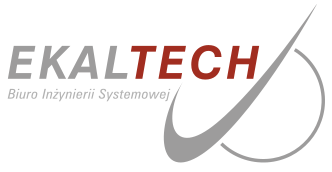Petroleum is recovered mostly through oil drilling (natural petroleum springs are rare). This comes after the studies of structural geology (at the reservoir scale), sedimentary basin analysis, reservoir characterization (mainly in terms of the porosity and permeability of geologic structures).
It is refined and separated, most easily by distillation, into a large number of consumer products, from gasoline (petrol) and kerosene to asphalt and chemical reagents used to make plastics and pharmaceuticals. Petroleum is used in manufacturing a wide variety of materials, and it is estimated that the world consumes about 90 million barrels daily.
These days, concern over the depletion of the earth’s finite reserves of oil, and the effect this would have on a society dependent on it, is a concept known as peak oil. The use of fossil fuels, such as petroleum, will have a negative impact on Earth’s biosphere, damaging ecosystems through oil spills.


Industry Processes
Processing and refining operations turn crude oil and gas into marketable products. In the case of crude oil, these products include heating oil, gasoline for use in vehicles, jet fuel, and diesel oil. Oil refining processes include distillation, vacuum distillation, catalytic reforming, catalytic cracking, alkylation, isomerization and hydrotreating.
Oil and gas are transported to processing facilities, and from there to end users, by pipeline, tanker/barge, truck, and rail. Pipelines are the most economical transportation method and are most suited to movement across longer distances, for example, across continents.
Midstream service providers apply technological solutions to improve efficiency during midstream processes. Technology can be used during compression of fuels to ease flow through pipelines; to better detect leaks in pipelines; and to automate communications for better pipeline and equipment monitoring.

